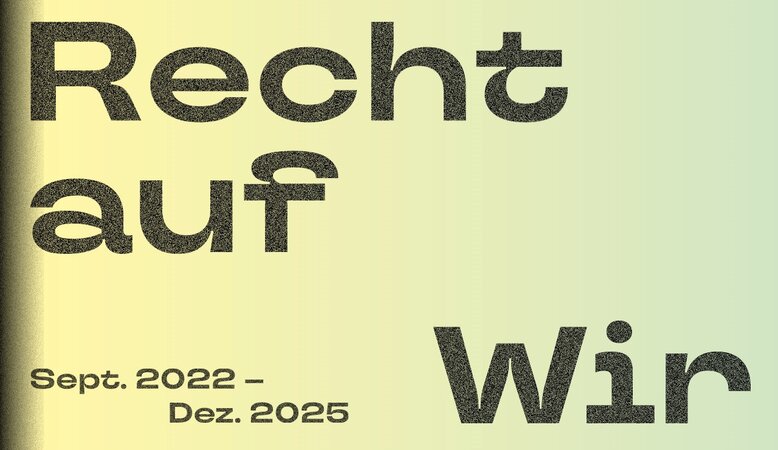29
Sep 2023
#9 Kulturelle Teilhabe
«Right for We»
Schweizerische Gesellschaft für Bildungsforschung (SGBF)
International Symposium «Critical Sustainability?» (in English)
The symposium at the ZHdK with international guests asks about initiatives of participation in the fields of art and culture and about their significance for the understanding of sustainability. What can established discourses learn from activist practices and strategies about sustainability and cultural participation? What is the responsibility of education and educational institutions?
For more details on the speakers click here.
Registration is free of charge and can be made here.
Date and place:
Friday, Sept. 29th, 11.30am to 5.30 pm
Kunstraum 5.K12, Toni-Areal, Zurich
Programm/Ablauf
11.30-13h: Keynotes and responses by David Maggs, Tuulikki Laes, Julia Steinberger & Kijan Espahangizi
LUNCH
13.45-14.35h: Continued discussion with the audience. Questions regarding the arts, culture and the responsibility
15-16.30h: Workshops in smaller groups
16.45-17.15h: Wrap up symposium with closing reports by two conference observers
With further contributions from Kapi Kapinga Grab, Cherry-Ann Morgan, Yvonne Schmidt and many more.

